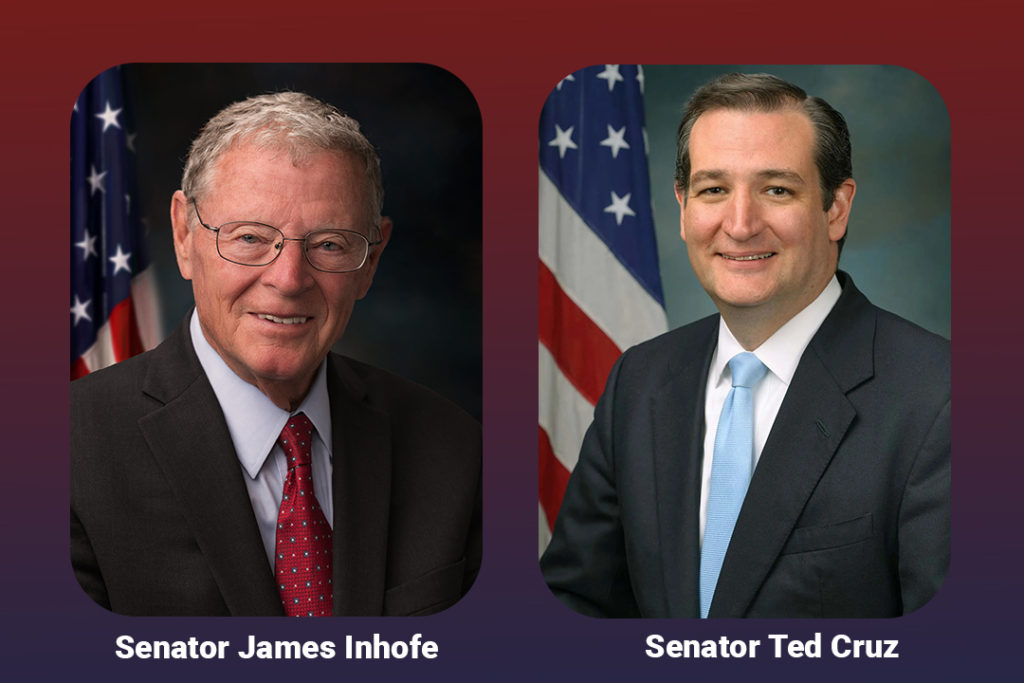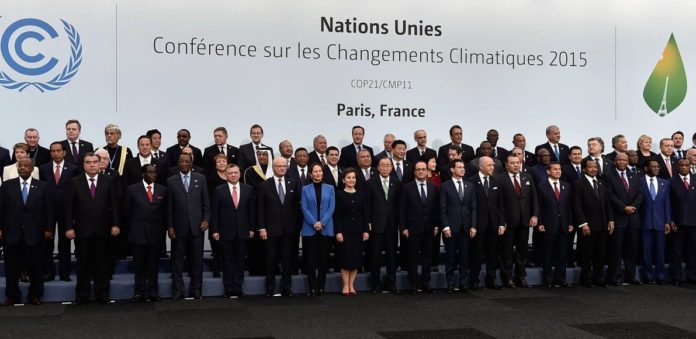The Paris agreement on climate change is a big win for President Obama, particularly given that he’s invested a lot of political capital in this issue, especially in his second term when he no longer has to worry about having to run for re-election. The outcome of the conference seems to have vindicated his commitment to this issue. To everyone’s surprise, he made climate change an important part of his second inaugural address.
However, despite everyone back-patting them selves galore in Paris-as well as in the White House, once the gavel came down-it’s difficult to see why, given the modest, non-enforceable goals that the 195 countries signed up to. It probably has something to do with the fact that following the failure of Copenhagen in 2009 expectations were low that any agreement would actually be reached.
According to a significant number of respected scientists, the Paris agreement will not save the planet from the catastrophic consequences of the rise in temperature of three degrees Celsius above the pre-industrial level which is expected to occur by 2100. And, more importantly, it’s impossible that the world is able to achieve its Paris conference goal of limiting the temperature rise to 1.5 degrees Celsius above pre-industrial level within two decades, which would require the world to give up gasoline driven cars, coal or gas-burning power plants, and planes and ships powered by fossil fuels. That obviously won’t happen. Even achieving the more modest target of 2 degrees wouldn’t prevent climate-related catastrophes for millions of people living in low-lying countries or islands.
Still, while the goals agreed to in Paris are extremely modest–and perhaps they are too little, too late they are nevertheless a recognition by the international community that something needs to be done.
However, not everyone in Washington sees eye-to-eye with President Obama on that issue certainly not the Republicans who have little time for his approach on climate change, or anything else for that matter. The Obama administration has been fully aware of this and, accordingly, it negotiated in Paris for a non-legally binding agreement, i.e. not a treaty, as this would require the White House to present it to the Republican-dominated Senate for approval, where it would be rejected as a matter of course.
President Obama has taken this approach even though recent polls clearly indicate that over two thirds of Americans believe that climate change is real and is caused by human activity. But even more telling, a majority of grassroots Republican polled also agree with this position.
Notwithstanding the fact that the Republican base is shifting significantly on this issue, and that the Paris agreement may not be a treaty, Republican Party representatives of Utah and Pennsylvania have introduced a resolution that would require the Senate to ratify any climate change deal. That’s in addition to another threat by a number of Republican senators to block funding for any climate deal unless it’s sent to Congress for ratification.
Already more than half the states are suing the Obama administration on the legality of his climate plan, the Clean Power Plan. And in a recent opinion article in The Washington Post, the Republican leader in the Senate, Mitch McConnell, called Obama’s climate plan ‘an anti-middle class power plan’ which wouldn’t live beyond this administration.

While the Republican Party appears to be increasingly out of touch with the general population and even with its own political base, this doesn’t seem to affect Texan Senator Ted Cruz, a rising Republican presidential candidate who continues to question the scientific consensus that human activity is responsible for climate change. Senator Cruz is joined by fellow Oklahoma Republican Senator James Inhofe, chairman of the Senate Environment and Natural Resources Committee, who referred to the Paris negotiations as ‘full of hot air’.
On the Democratic side, unsurprisingly, former Secretary of State and leading Democratic Party presidential candidate, Hillary Clinton, praised the Paris agreement as an important step in protecting the planet. On the other hand, Vermont Senator Bernie Sanders, another presidential hopeful, said he was unimpressed with the Paris deal, asserting that it wasn’t enough to tackle climate change.
It’s bad enough that there’s such a gaping policy divide between the two major American political parties on the issue of climate change. Unfortunately, it was a gap com pounded by a virtual media ‘blackout’ of the issue and the Paris conference, with media attention turned to the jihadist killings in San Bernardino and presidential hopeful Donald Trump’s promise to stop all Muslims from entering America . All of this has reinforced the public’s lack of understanding of the issue of climate change.
In many ways, the Paris agreement, while beneficial in so far as it focuses the world’s attention on an enormous problem-one that is potentially existential for millions looks increasingly like the shuffling of the deck chairs on the Titanic, except that in this case there may not even be an iceberg for planet earth to collide with. And the next American administration, especially if it’s a Republican one, will have to try to explain why this is the case.
A version of this article also appeared in the blog for the Australian Strategic Policy Institute, The Strategist.




